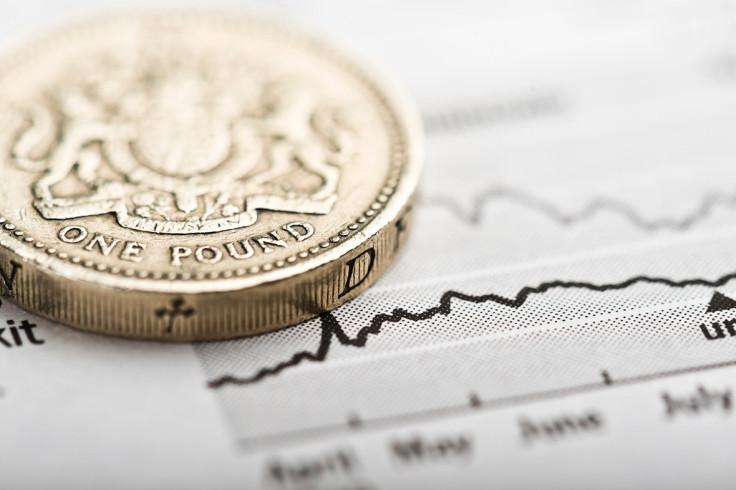FX Focus: Pound jumps to month-high against the dollar on the back of bumper retail sales
Yen remains on track for best winning streak in six years as investors turn to safe havens.

The pound climbed to a one-month high against the dollar on Thursday (23 March), boosted by a better-than-expected retail sales report.
Sterling hit $1.2527 earlier in the session, the highest level since 24 February, and by early afternoon it was 0.25% and 0.35% higher against the dollar and the euro respectively, trading at $1.2509 and €1.1600.
According to the Office for National Statistics, retail sales including auto fuel rose 3.7% on an annual basis last month, comfortably beating expectations for a 2.6% gain, compared with a 1.5% increase recorded in the previous month.
On a month-on-month basis, retail sales increased 1.4%, compared with analysts' expectations for a 0.4% gain and with the 0.3% decline recorded in the previous month.
Elsewhere, the yen was on track to record its longest winning streak in six years, as safe haven assets continued to prove popular among investors. Unlike other currencies, the yen strengthens when markets endure economic and political turmoil.
The Japanese currency was 0.37% and 0.50% higher against the dollar and the euro respectively, with one dollar buying ¥110.89.
"Dollar/yen is likely to test the ¥110 handle before rebounding, [as] economic data in the US should be decent [even though] the first quarter may disappoint," said Sebastien Galy, director of FX strategy at Deutsche Bank.
"Most investors will likely look through the noise and expect the washout in long dollar/yen positions to be temporary."
Fawad Razaqzada, market analyst at Forex.com, said it was far too early to say anything technically bullish about dollar/yen exchange with a high degree of confidence.
"For now, the bulls appear to be losing control of the trend," he said.
"However, if they somehow manage to push the USD/JPY back above the broken support at ¥111.55/¥111.70 area then that could lead to a short-covering bounce, possibly towards the top of the bearish channel."
Meanwhile, the dollar was broadly unchanged as traders paused for breath and their attention switched to the Congress and the upcoming vote on Donald Trump's healthcare bill.
"Trump's difficulty in getting people on board with his plans was largely blamed for the market selling off earlier in the week, with investors apparently seeing this as a sign that Trump may also struggle to get his spending plans and tax changes through," said Oanda's senior market analyst Craig Erlam.
"Should the healthcare plan be approved by Congress then we could see a resumption of the Trump rally while a failure could leave markets vulnerable to a larger correction."
Apart from the losses against the yen, the greenback was largely flat against the euro, the Swiss Franc and the Canadian dollar respectively but gained 0.41% against its Australian counterpart to trade at AUD$1.3096.
© Copyright IBTimes 2025. All rights reserved.






















